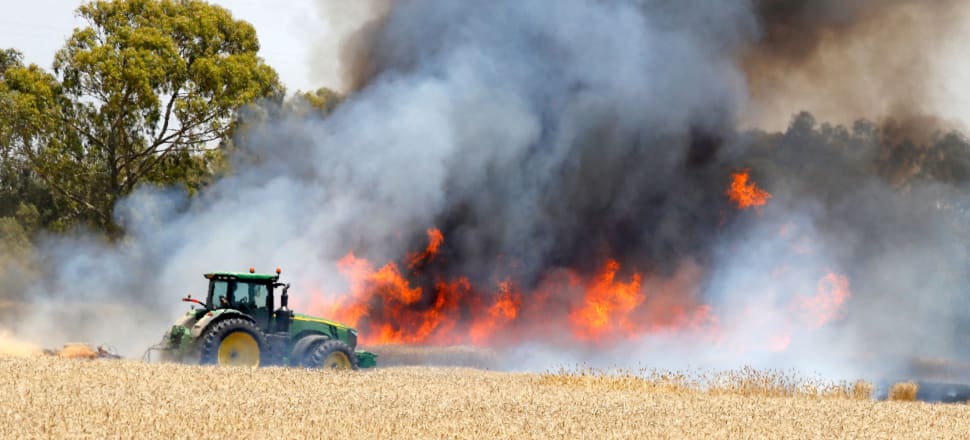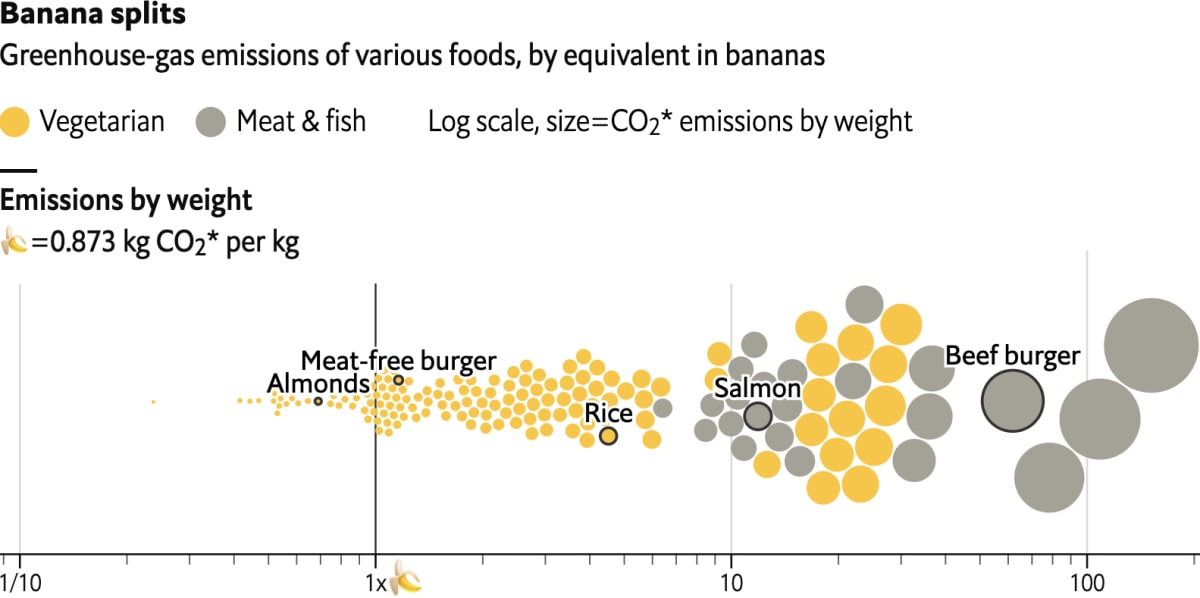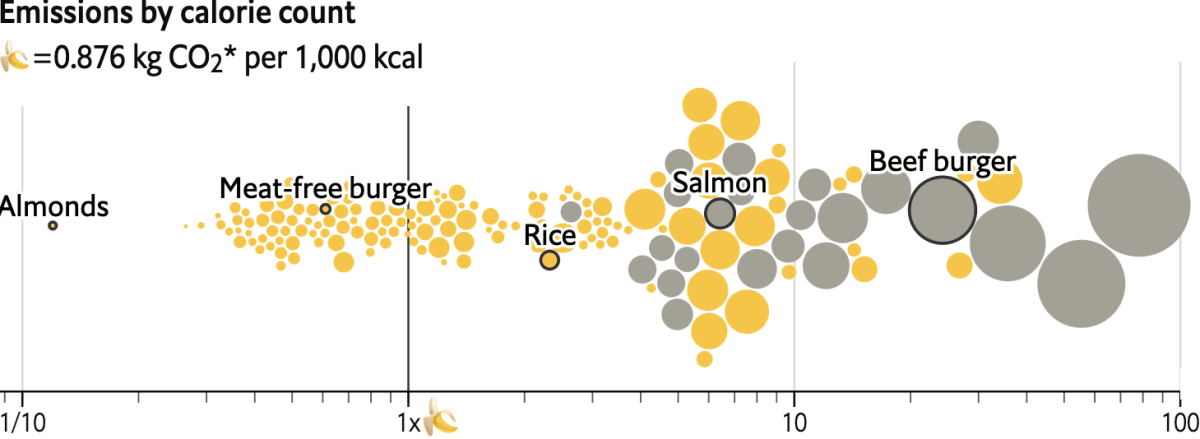
Many are rising to the challenges of making all our economic activities climate compatible in ways that also restore our natural environment. But the main bodies in the dairy and meat industries are draggers, rather than drivers, of that vital work, argues Rod Oram.
Opinion: “National is committed to this country’s climate change goals,” declares the party that could form the next government.
Then in the very same statement on Wednesday, National announced a bonfire of farming regulations not seen since the 1990s.
But eliminating these regulations would intensify existing farming practices, which in turn would make farming’s climate impacts worse. Either National doesn’t understand such climate causes and effects. Or it cares only to win power, whatever the cost.
READ MORE: * Rod Oram: Farming – the next steps * Farm pricing to cut emissions by just 1 percent
If National wins the election, we all lose on climate. But our farmers would be the biggest losers. National would deprive them of the best business opportunity they will ever have: to be leaders in the deep emission cuts humanity has to make to avoid climate chaos; and to lead in ecosystem restoration, which is also one of the best ways to slash emissions.
The best of farmers and food producers abroad are doing that, as this column regularly reports. Take Nestlé, Fonterra’s largest customer and the largest food producer in the world. It is committed to a 50 percent cut in emissions (including those from its suppliers) by 2030, and net zero emissions by 2050.
Meanwhile, Fonterra has yet to set any goal for cutting its farmers’ methane emissions. Yet it must be a leader. The co-op and its farmers account for 21 percent of New Zealand’s emissions.
New Zealand farmers have a great responsibility to reduce their greenhouse gas emissions, and they have beneficial ways of doing so, Simon Upton, Parliamentary Commissioner for the Environment, laid out in a speech to a New Zealand agricultural climate conference last month.
“And there is pure self-interest in this," he said. "We have an interest in continuing to sell products to high-income markets where consumers are taking an increasing interest in the emissions footprint of their food and drink. Being able to show that New Zealand products are associated with the lowest possible emissions will be essential if we are to continue to be a preferred supplier.”
Instead, National reaches back in time for regulatory stunts such as ‘two-fers” (promising to bin two old rules for every new one it introduces) and to devolve rules and responsibilities to a local level.
Climate is far too complex for that, particularly for a country of only 5 million people. We have to work together to create the most effective solutions across our economy and society; and use regulations and financial incentives wisely to drive change.
National’s climate ignorance is deeply disturbing. For example, its statement on regulation says our farmers “are among the most carbon efficient.”
But that ignores that the best of dairy and meat farmers abroad are delivering real cuts in their animals’ emissions. Our farmers are lagging badly in the intense global race for climate-compatible food production.
National also said that “shutting down some of the world’s most carbon efficient farmers only sends production to less efficient farms overseas and could raise global emissions.”
Yet, He Waka Eke Noa, the deeply stalled farmer/government working group on climate, says New Zealand milk production might fall 1.4 percent under current climate proposals from the government.
If it did, the global dairy industry would make up the difference in less than three hours of extra production per year, I calculated from the UN Food and Agriculture Organisation’s 2021 global Dairy Market Review.
So, while our farmers, aided and abetted by National, are defiantly defending their past, progress abroad on the nexus of farming / food / climate is moving fast and beneficially.
Take, for example, an insightful, interactive tool launched by The Economist this week.
"To make the relative carbon impact of foods easier to digest, The Economist proposes a banana index. It compares popular foodstuffs on three metrics—weight, calories and protein—indexed to the humble banana, a fruit of middling climate impact and nutritional value,” the publication says.
It’s an easy way for consumers to make more informative decisions about the nutritional value and climate compatibility of the foods they choose. The greenhouse emission scores of dairy and meat products heavily outscore those of other foods.

Here in New Zealand many people are rising to the challenges of making all our economic activities climate compatible in ways which also restore our natural environment. But the main bodies in the dairy and meat industries are draggers, rather than drivers, of that vital work.
A good showcase of those constructive debates and encouraging progress was the recent annual conference of the Environmental Defence Society. Titled Pivot Point: Deep Environmental Change, it explored many of our greatest economic / environmental challenges.

Rethinking Rural Land Use was one such session. Its keynote speaker was George Monbiot, the British author of Regenesis: Feeding the World Without Devouring the Planet. In it, he makes the case that the way food is produced globally is massively destructive to the planet’s ecosystems, while a high proportion of it is wasted and un-nutritious, with some even damaging to human health.
“Farming is the most destructive human activity ever to have blighted the Earth,” he writes.
Thus, land use is “the issue that makes the greatest difference to whether terrestrial ecosystems and Earth systems survive or perish.”

(Disclosure, the Monbiot keynote was in the form of a recorded interview I did with him for the conference; and I’d written a column about his book last June.)
His keynote in that session was followed by presentations from three New Zealanders, plus a panel discussion.
The Environmental Defence Society offers this link to the video archive of the full conference. The rural land use segment is listed as Day 2 Session 7. And Monbiot’s session is here.
Climate has to take centre stage in this October’s election if we are to push our political parties to deliver the policies and programmes we need to address the crisis.
If it does, then all parties – not just National – and all agricultural leaders will finally have to front up.
Farming accounts for 49 percent of our greenhouse gas emissions. Yet the sector is making the weakest commitments and the least progress on climate of any in our economy.







